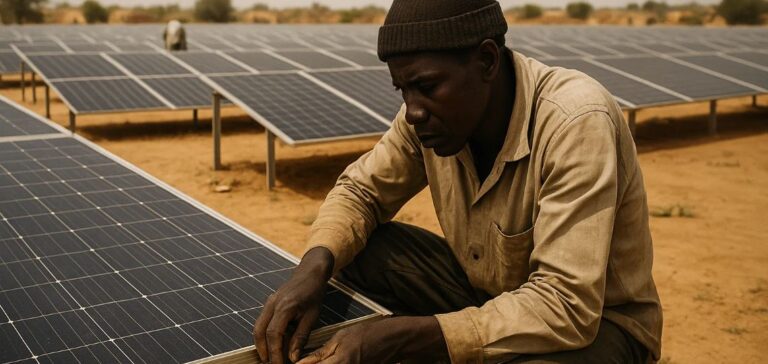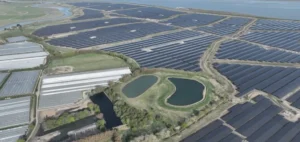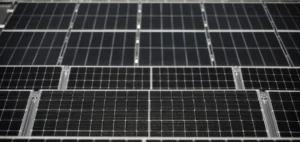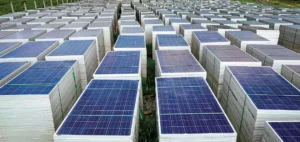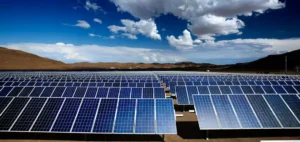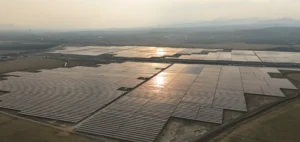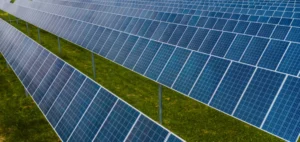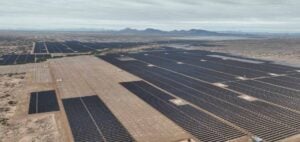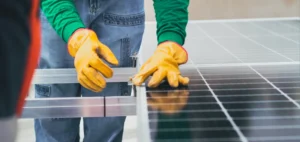In Niamey, the rapid development of solar energy reflects the impact of a forced realignment of Niger’s energy strategy following the partial suspension of electricity deliveries from Nigeria. This decision, driven by regional sanctions after the ousting of President Mohamed Bazoum in 2023, triggered a 30 to 50 percent drop in national electricity supply, according to Niger’s Minister of Energy, Haoua Amadou. Since then, the Nigerien Electricity Company (Nigelec) has implemented regular power cuts affecting the capital and urban centres.
Consequences of regional dependence
Nigeria, the main electricity supplier to Niger, has reduced its exports to 46 megawatts from a usual 80 megawatts. This prolonged cut highlights the vulnerabilities of regional energy interdependence, exacerbated by political shifts within member states. In this context, the accelerated adoption of solar energy represents a technical response to geopolitical imbalance.
Residents and merchants in Niamey are now widely acquiring photovoltaic equipment, often imported from China. With prices halved, these technologies are increasingly accessible to a broader customer base. Simple home installations can power televisions, fans, and lighting devices, especially in neighbourhoods facing recurrent outages.
Local market expansion amid political tensions
The local market is undergoing strong growth. Suppliers such as Djibril Tata and Hilaire Houndegnon report a sustained increase in demand, with sales volumes rising significantly since 2023. This momentum is supported by the availability of long-lasting batteries and a more experienced technical workforce.
In rural areas, solar energy is also used to power water pumps and healthcare infrastructure. Projects supported by the World Bank and Arab donors help address the lack of conventional grid access, particularly for preserving medical supplies.
Institutional framework and sovereignty challenges
In 2024, a 30-megawatt solar power plant was commissioned near Niamey, financed with support from the European Union as part of a programme launched before the coup. Minister Haoua Amadou also announced a 19-megawatt project in Agadez and another 200-megawatt project currently under consideration.
Niger is also included in the Desert to Power initiative led by the African Development Bank, which aims to install 10,000 megawatts across the Sahel region. This shift towards solar energy aligns with the government’s stated ambition to strengthen national energy independence, amid growing political divergence from former regional partners.

